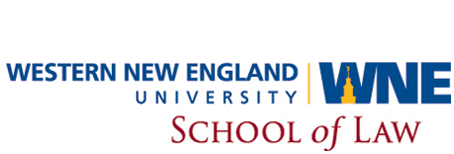Home > Student > Law Review > Vol. 40 (2018) > Iss. 1 (2018)
Abstract
Throughout the United States, college enrollment has overwhelmingly increased, reaching its peak in 2010 with approximately twenty million students. Due to the expanded accessibility to attend college through the Department of Education’s higher education programs, the ability to attend college is no longer solely for the elite. This rapid growth, however, has created additional challenges. Despite the evolving higher education demand, government regulations and oversight have mostly remained stagnant. Colleges began to capitalize and take advantage of this market, prompting the rise of for-profit colleges. In 2012, about 12 percent of students attended for-profit colleges, as opposed to the 0.2 percent of students about twenty years prior.
Although not all for-profit colleges misuse the system, many colleges have been criticized in recent years for predatory and illegal recruiting tactics. The Department of Education is aware of these problems, but continually enables this conduct through lack of oversight and mismanaged federal funds. The students enrolled in these for-profit colleges have little to no recourse within the court system or otherwise after acquiring burdensome debt based on deceptive tactics and unrealistic promises.
This Note will argue that students who are negatively impacted by the predatory tactics of for-profit colleges should have a remedy under the theory of estoppel against the government. Although there is a heightened “affirmative misconduct” standard for this claim, the system will likely go unchanged without a direct effect on the government, given its own interest and benefits based on the current structure of the system.
Recommended Citation
Kelly A. Bednarz, HIGHER EDUCATION LAW—THE NEGATIVE EFFECTS OF STUDENT LOANS: A PLEA FOR IMPACTED STUDENTS, 40 W. New Eng. L. Rev. 121 (2018), https://digitalcommons.law.wne.edu/lawreview/vol40/iss1/6
